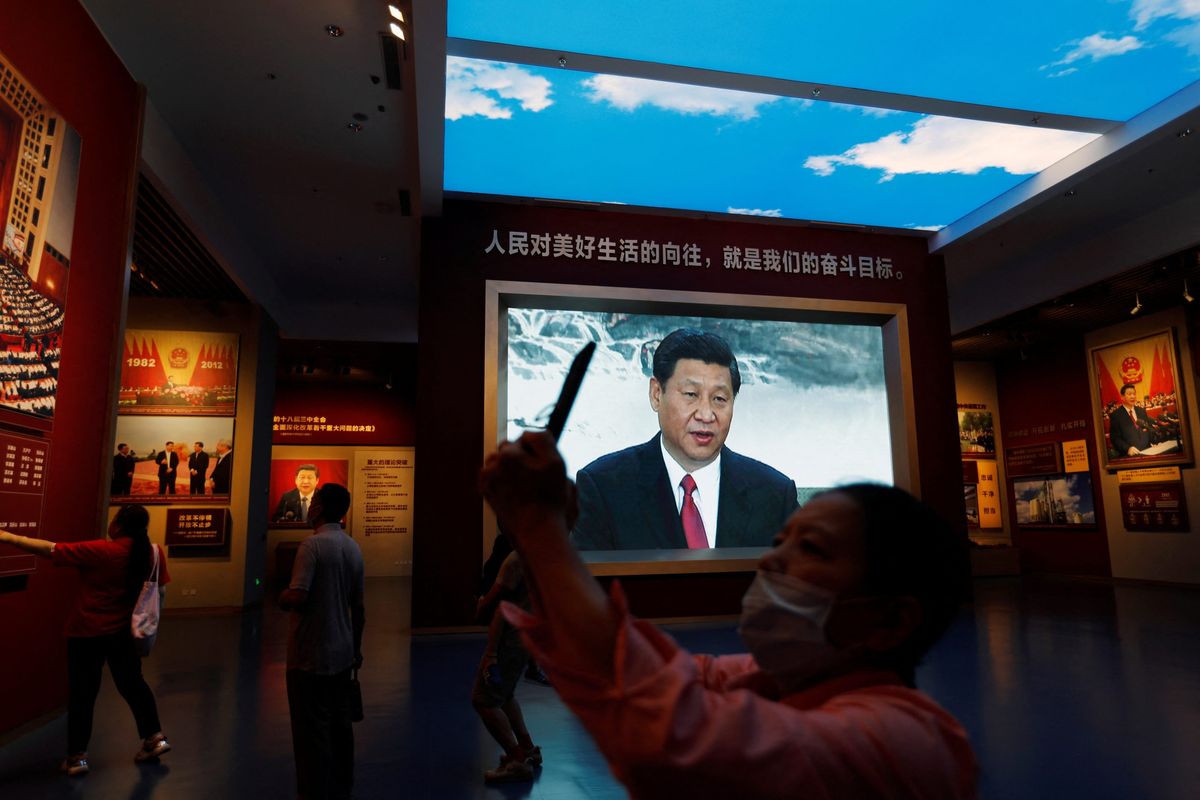What to expect from the Chinese Communist Party Congress

A few minutes every morning is all you need.
Stay up to date on the world's Headlines and Human Stories. It's fun, it's factual, it's fluff-free.
Only held every five years, Chinese Communist Party congresses are significant in appointing national leadership. The week before the congress is known as the seventh plenum in the Chinese political cycle, where the outgoing congress approves amendments to the constitution and party nominations. During the weeklong congress, which kicks off October 16, all of the top-level party positions are confirmed, from the around 400 Central Committee members to the general secretary (now held by President Xi).
Most people are expecting President Xi to stay in power for a landmark third term. In 2018, the constitution was revised to remove the two-year term limit for the president, but Xi’s real power stems from his position as general secretary of the Party. Although there is no official term limit for the general secretary role, most former secretaries have stepped down after two terms.
This year, China will be getting a new premier; Li Keqiang, who’s had the office for the last decade, isn’t constitutionally allowed to serve a third term. This position deals with the finance and commerce ministries and agencies that make decisions affecting banks, insurers and businesses. Keqiang has already said he’ll retire at the end of his term in March 2023.
Key comments:
After Xi’s opening speech on October 16, “I think we will have a much better idea of whether [economic policy] is more state-directed or more market-directed,” said Joe Mazur, a senior analyst at Trivium China, a Beijing consulting firm.
“Xi’s report to the congress could lean more toward an ideological view of international relations and the idea of separate camps with China and like-minded countries and then the West. That’s going to feed into a deepening of US-China strategic competition and add further stress to China’s economy,” said Neil Thomas, a senior China analyst at Eurasia Group.
“[It’s a mistake to say] that by doing away with presidential term limits, Xi freed himself to lead China for the rest of his life. This is just wrong. Xi leads China by virtue of being the general secretary of the party, and there were never any term limits on that position,” George Washington University law professor Donald C. Clarke wrote in response to an article from Foreign Affairs magazine.




Comments ()